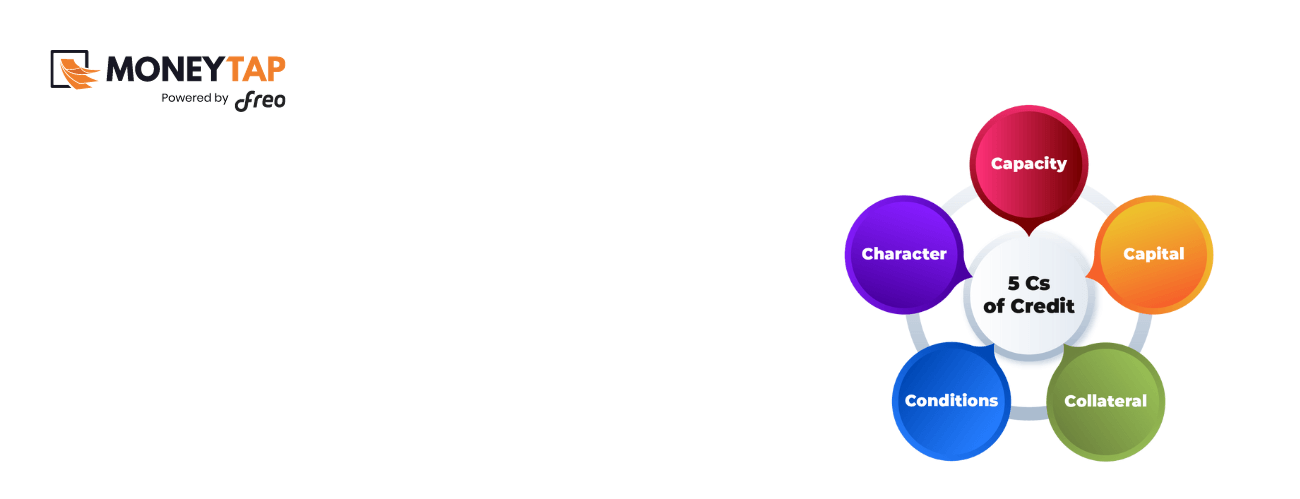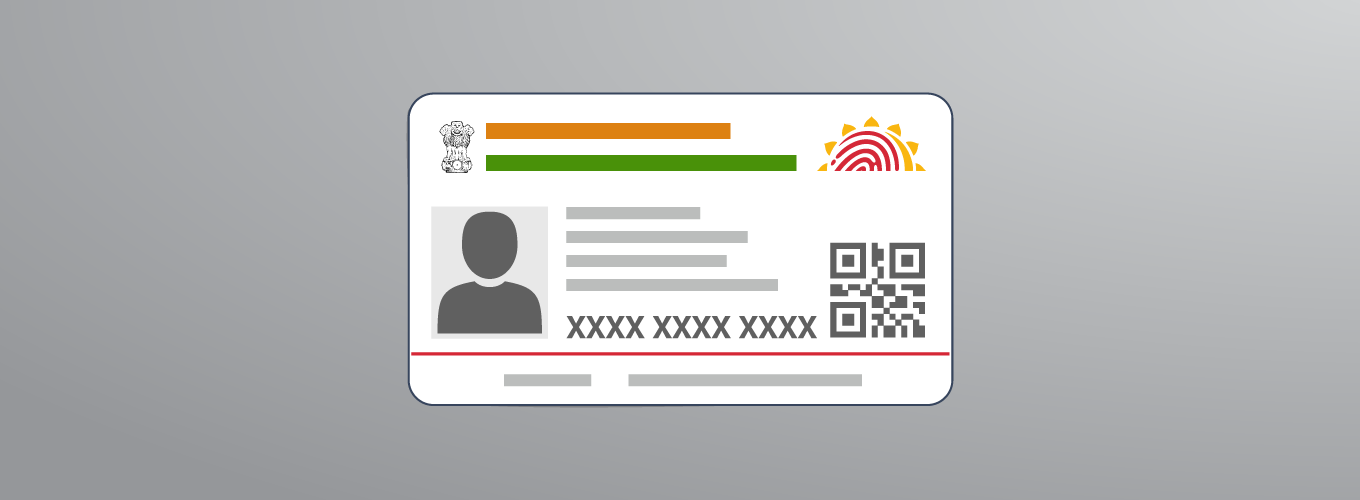CIBIL Score: Understand How CIBIL Score Is Calculated
Topic
- Around India with MoneyTap 1
- Consumer Durable 1
- Credit Cards 32
- Credit Score 27
- Finance 33
- General 52
- Know MoneyTap Better 26
- MoneyTap 50
- MoneyTap in Daily Life 38
- Personal Loan 86
- Shopping on EMI 4
- Wedding Loan 1
When you apply for any kind of a loan, the first thing the lender checks is your credit. By knowing what credit is, understanding how a credit score is calculated, and knowing how to establish, maintain and improve your credit, you can pave the road to financial freedom.
There are three elements to credit: a credit score, credit report, and credit history. Although they may seem similar, they are not the same.
Credit history is a record of a person’s financial background that includes repayment history, credit enquiries and open and closed credit accounts. A credit report contains current financial information, like account balances, etc. And a credit score is a numerical representation of an individual’s creditworthiness.
There are 4 major agencies in India that keep track of all income-earning citizens’ credit history: Equifax, Experian and TransUnion CIBIL, and CRIF Highmark. These companies compile data on an individual’s credit behaviour and report a score ranging from 300-900. TransUnion CIBIL is the most popular credit bureau in India.
What Is CIBIL Score?
CIBIL score, also known as TransUnion CIBIL score, is a 3-digit number that ranges from 300-900. This score is a summary of the consumer’s credit history and a reflection of the individual’s credit profile. It is derived using the credit history found in the CIBIL Reports, also known as CIR or credit information report.
Let’s take a look at the factors based on which the CIBIL credit score is calculated:
How Is CIBIL Score Calculated?
- Repayment History
- Credit Consumption
- Credit Age
- Credit Mix
- Hard Credit Enquiries
Impact: Highest
Repayment history is the most important factor considered while calculating the CIBIL score. If you have been making timely repayments on your loans, you are seen as a responsible borrower with very low risk of defaulting. This credit behaviour will make you eligible for loans at preferential interest rates and better loan terms.
Impact: High
How you consume credit is the second biggest factor that affects your CIBIL score. A credit utilisation ratio is calculated to determine your credit consumption. This ratio is the total amount of credit you have used out of the total credit limit available to you. Simply put, the credit utilisation ratio is calculated by dividing the overall outstanding balance by your total credit limit. Financial experts recommend keeping the ratio below 30%. Lower the credit utilisation ratio, the better it is for your CIBIL score.
Impact: Medium
A long credit duration helps lenders decide your creditworthiness. It depends on how long you have had credit and how you have been handling it. A long credit history with good repayment behaviour boosts your credit score. Financial experts often recommend not to close credit cards with a long history. If you have to, close the recently acquired ones.
Impact: Low
A good balance of secured and unsecured loans boosts your credit score. An example of a secured loan is a home loan or a car loan. And an example of an unsecured loan is a credit card or a personal loan. Although the credit mix has a low impact on credit score compared to other factors, don’t ignore it. Avoid borrowing only one type of credit. Have a balanced mix of both unsecured and secured loans as you need to have experience of handling all sorts of loans.
Impact: Low
Whenever you apply for any form of loan or credit, the potential lender pulls up your credit report to check your creditworthiness. This enquiry is registered as a hard enquiry in your credit report and has a negative impact on your CIBIL score. If you make too many loan applications, too many hard enquiries will be registered, adversely affecting your credit score.
What is a good CIBIL score?
A CIBIL score in the range of 700 to 749 is considered a good credit score.
CIBIL Score Range
750 – 900 (excellent)
700 – 749 (good)
650 – 699 (fair)
600 – 649 (poor)
Below 600 (red flag)
How to improve the CIBIL score?
- Make timely repayments
- Keep your credit utilisation ratio low
- Avoid applying for multiple loans or credit cards too often within a short period
- Pay off or consolidate your debts
- Maintain a balanced mix of credit accounts (secured and unsecured)
- Check your credit report for errors
You’ll find a detailed explanation of ways to improve your CIBIL score here.
Conclusion
By now, you might have understood the importance of CIBIL score and how it is calculated. You can check your CIBIL score by visiting the official website of TransUnion CIBIL. There are a few third-party parties that also allow you to check your credit score. However, proceed with caution while providing your sensitive information.











 Get it on playstore
Get it on playstore Get it on appstore
Get it on appstore